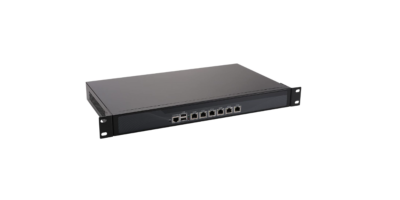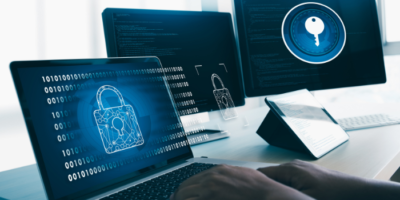What is HIPAA?
The Health Insurance Portability and Accountability Act (HIPAA) is a set of regulations that ensure the privacy and security of Protected Health Information (PHI). If you are storing, transmitting, or sharing PHI electronically, you must be HIPAA compliant.
Becoming HIPAA compliant is not an easy task but it is required for all health care providers in the US. HIPAA compliance requires medical providers to protect the privacy of patient information, while maintaining up-to-date technology.
What Are the HIPAA Rules?
The Department of Health and Human Services has passed several important healthcare privacy law rules that require medical professionals to protect patient data. These include:
HIPAA Privacy Rule
The first step of how to become HIPAA compliant is to understand the HIPAA Privacy Rule. If you do not understand the privacy rule, you cannot be protected under HIPAA compliance and your patients will not know that their information is protected. The privacy rule of HIPAA was established in 2001 and ensures that protected health information (PHI) is protected from unauthorized access or use of PHI.
HIPAA Security Rule
The second step of how to become HIPAA compliant is to understand the HIPAA Security Rule. The security rule works together with your organization’s policies and procedures or standard operating procedures (SOPs). You need to understand what it takes to protect protected health information (PHI) according to the HIPAA regulations. This includes not only paper protected health information (PHI), but also electronic protected health information (ePHI).
HIPAA Omnibus Rule
The omnibus rule update was passed in order to address gaps within earlier HIPAA rules. Most notably, it defines the role of business associates and outlines criteria for BAA’s which were not previously subject to these regulations and deals with privacy issues surrounding electronic health records (EHR). The use incentive program introduced by HITECH Act is also addressed through this newest version as well.
Breach Notification Rule
The Breach Notification Rule requires covered entities and business associates to notify OCR when ePHI has been accessed illegally by an unauthorized person. The Privacy Rule defines a “breach” as any impermissible use or disclosure of protected health information that compromises its integrity, confidentiality, availability via interference with another system (such), and causes significant threat to the victim’s privacy rights which would justify immediate notification under HIPAA guidelines.
HIPAA Enforcement Rule
The HIPAA Enforcement Rule is a powerful tool that empowers the Department of Health and Human Services (HHS) to enforce privacy rules. The OCR has authority under this new rule, which gives them power over investigations into possible violations as well as education or outreach programs for those who are unaware they might be in possession without proper clearance on certain information OCR can also hand out fines up to $1 million dollars! With these penalties being so severe it’s vital you stay aware about what your organization needs when handling sensitive data.
How to Become HIPAA Compliant:
In order to be HIPAA compliant, you need to take certain steps to protect the privacy and security of protected health information (PHI).
- Ensure that your organization has a privacy management framework in place.
- Have a privacy officer who is responsible for the privacy management framework within your organization.
- Provide staff training on privacy policies and procedures on a regular basis so they are aware of their responsibilities when it comes to protected health information (PHI).
- Create an incident response plan that will enable you to respond quickly in the event of a privacy breach.
- Provide protected health information (PHI) training to employees on what protected health information is and how it should be protected in the workplace.
- Have a written business associate agreement that outlines your organization’s responsibilities when using a third party for work purposes that involve protected health information (PHI).
- Make sure your organization is HIPAA compliant on an ongoing basis.
- Ensure that protected health information (PHI) is protected at all times, no matter where it resides or who has access to it.
Any Penalties for Noncompliance?
Noncompliance with the HIPAA Privacy Rule could lead to civil penalties of up to $50,000 per violation (for willful neglect), with an annual maximum of $1.5 million in fines per year. There is also an upward limit on damages of $250,000 or actual damages, whichever is greater. See this article for more information.
Conclusion:
We hope you will find this blog post helpful. We’ve provided a brief overview of the different types of rules, HIPAA compliance process and how it applies to your organization. If you have any questions or need more information about our services like HIPAA complaint, Security Risk Assessment, managed IT service for healthcare, please contact us at (877) 220-8774.










